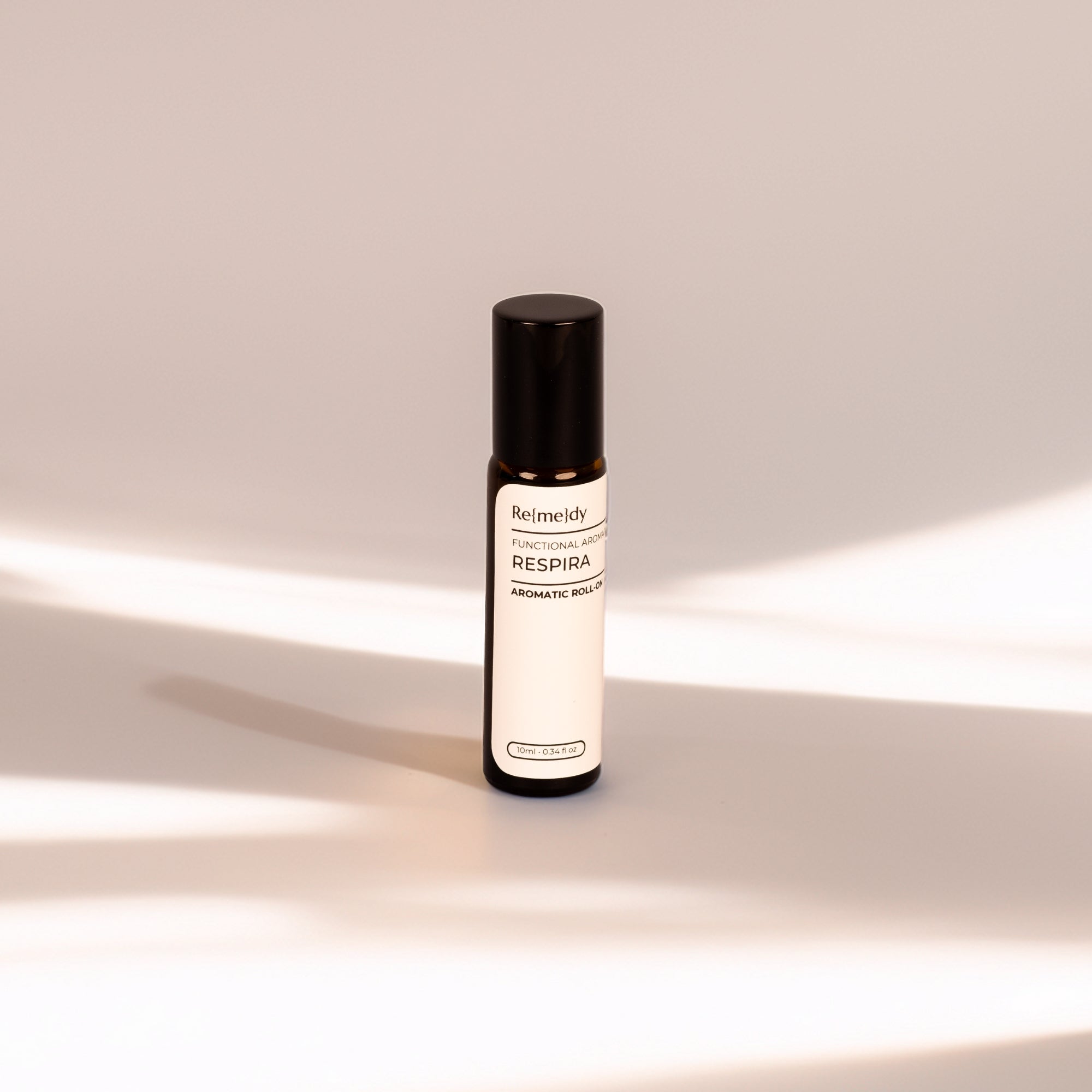
Respira (Breathe) Roll-On
Let your breath flow freely and your mind stay clear. Respira, a revitalizing roll-on blend designed to support natural respiratory wellness and promote a sense of clarity wherever you go. Powered by a fusion of purifying essential oils, this compact remedy is your pocket-sized breath of fresh air.
Cool, herbal, citrus, invigorating, fresh.
Capric Caprylic Triglyceride, Melaleuca Alternifolia Leaf Oil (Tea Tree), Mentha Piperita Oil (Peppermint), Citrus Hystrix Peel Oil (Kaffir Lime), Eucalyptus Globulus Leaf Oil (Eucalyptus), Pogostemon Cablin Leaf Oil (Patchouli), Tocopheryl Acetate (Vitamin E)
- Relieves Congestion & Sinus Pressure
- Promotes mental clarity
- Supports Easy Breathing
Choose options

How does Respira help?



WHAT'S IN IT
BOTANICAL WONDERS
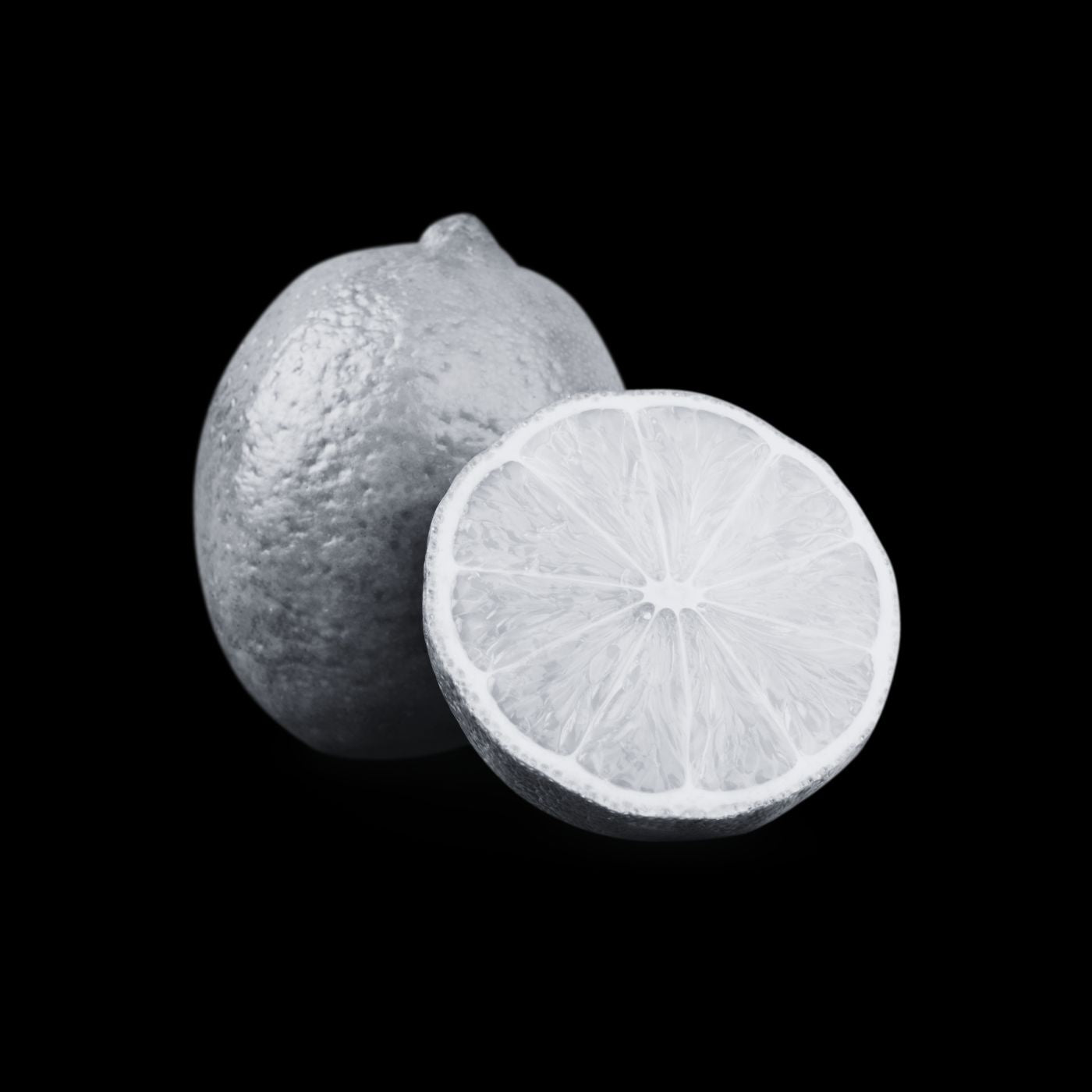
Lime
Lime has mild antimicrobial and antiviral properties. While not as potent as tea tree or eucalyptus in this regard, Lime’s fresh and fruity tone lightens the heavier herbal notes from patchouli and tea tree

Eucalyptus
Eucalyptus Kochii contains one of the highest natural concentrations of 1,8-cineole, often over 90%, making it excellent for opening airways, relieving sinus pressure and calming irritation in the respiratory tract. It also supports our immune defense.
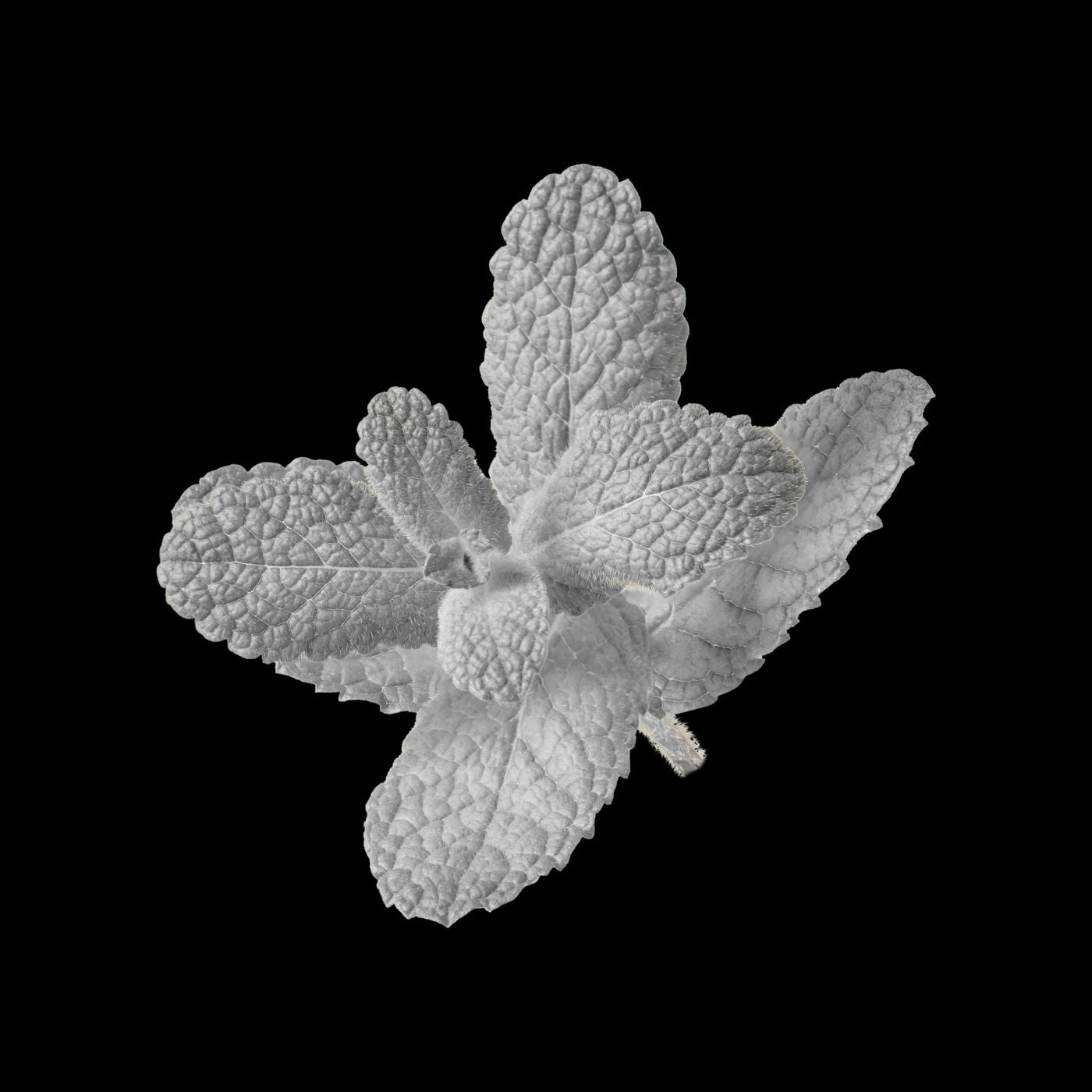
Peppermint
The menthol vapors in peppermint act as a natural decongestant, helping to relax our bronchial muscles, clearing our nasal passages to promote easier breathing.
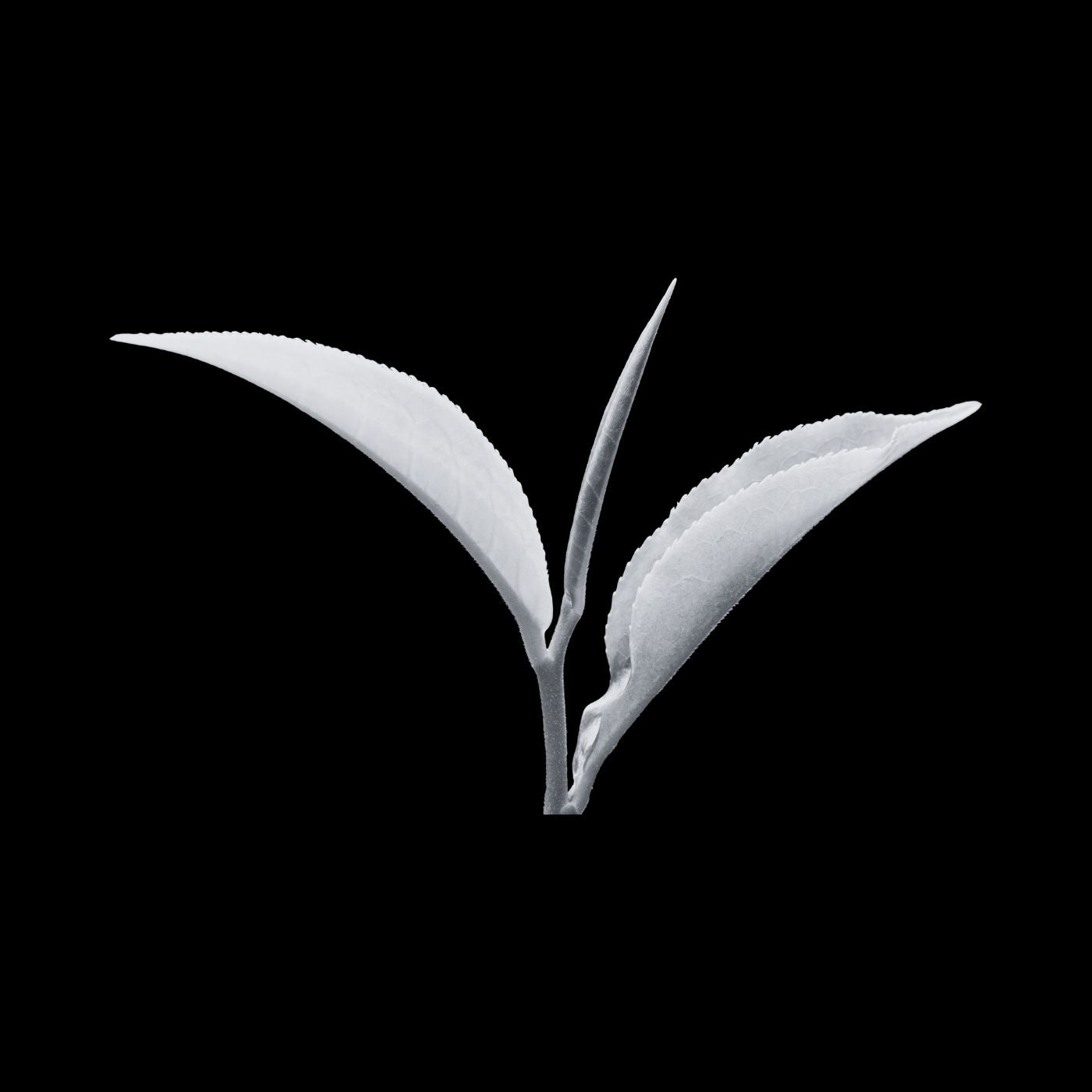
Tea Tree
Tea Tree is renowned for its antibacterial, antiviral, and antifungal effects to help support our immune system when applied around pulse points and near the respiratory tract. It also helps to open up nasal passages and clearing sinus congestions.
FUNCTIONAL AROMATICS
RESPIRA ROLL-ON
Originally named Breathe, this was one of the very first functional aromatic roll-ons we developed. The inspiration came from a personal need—Jon often experienced mild nasal congestion, especially at night. Rather than reaching for medicated solutions, we decided to put aromatherapy to the test and create something natural that could help.
The first version came together surprisingly quickly. A blend of peppermint, tea tree, and eucalyptus proved effective in clearing the airways and promoting easier breathing. But while it worked, it came with a catch; it smelled too medicinal, especially when Jon wanted to use it before sleep. The sharpness of the scent disrupted the calming atmosphere he was after.
So, we looked to improve the aromatic balance and scent longevity, we added Lime for freshness and Patchouli for depth and warmth. The result is a roll-on that not only works, but pleasant enough to use for any time of day.
That is how Respira came about. It is a working product that was trialed and tested by our founder himself.
*Note - Apparently, it works for menstrual pains as well, one of our part-time staff, Aqilah uses it for that purpose as well.
In Re{me}dy, there are two (2) types of roll-on products - perfume & functional.
Perfume Roll-ons are designed to create a specific scent. We do not take into account the specific benefits of the oils into the design.
Functional Aromatic Roll-ons are designed based on the functions of the oils to achieve a specific aromatherapeutic purpose / benefits.
Respira is designed to be a Functional Aromatic Roll-On to help everyone breathe easier, feel clearer, and stay grounded. Crafted with a powerful blend of essential oils known for their decongestant, purifying, and mood-enhancing properties, Respira offers on-the-go support for moments of congestion, fatigue, or mental fog.
Anyone with mild nasal congestion or sinus pressure.
① It helps to open our nasal passageways -
- Peppermint contains menthol, which provides an instant cooling effect that triggers cold-sensitive receptors in the nose. This creates a sensation of open airways, helping you breathe more freely.
- Eucalyptus Kochii is rich in 1,8-cineole (eucalyptol), a powerful compound that helps reduce nasal swelling, thin mucus, and improve airflow.
② It also helps to reduce sinus pressure -
- Tea Tree and Eucalyptus oils have anti-inflammatory properties that can help reduce swelling in the sinus cavities.
- These oils also have antimicrobial effects, which may help prevent or ease infections that contribute to sinus pressure and discomfort.
③ It helps mucus drainage -
- The combination of menthol-rich peppermint and cineole-rich eucalyptus supports natural mucus clearance, reducing congestion and the heavy feeling around your forehead, cheeks, or eyes.
Simply apply it to your pulse points—areas where blood vessels are close to the skin, helping the aroma absorb and diffuse more effectively. Common pulse points include - wrists, temples, behind the ears, base of the neck & inner elbows.
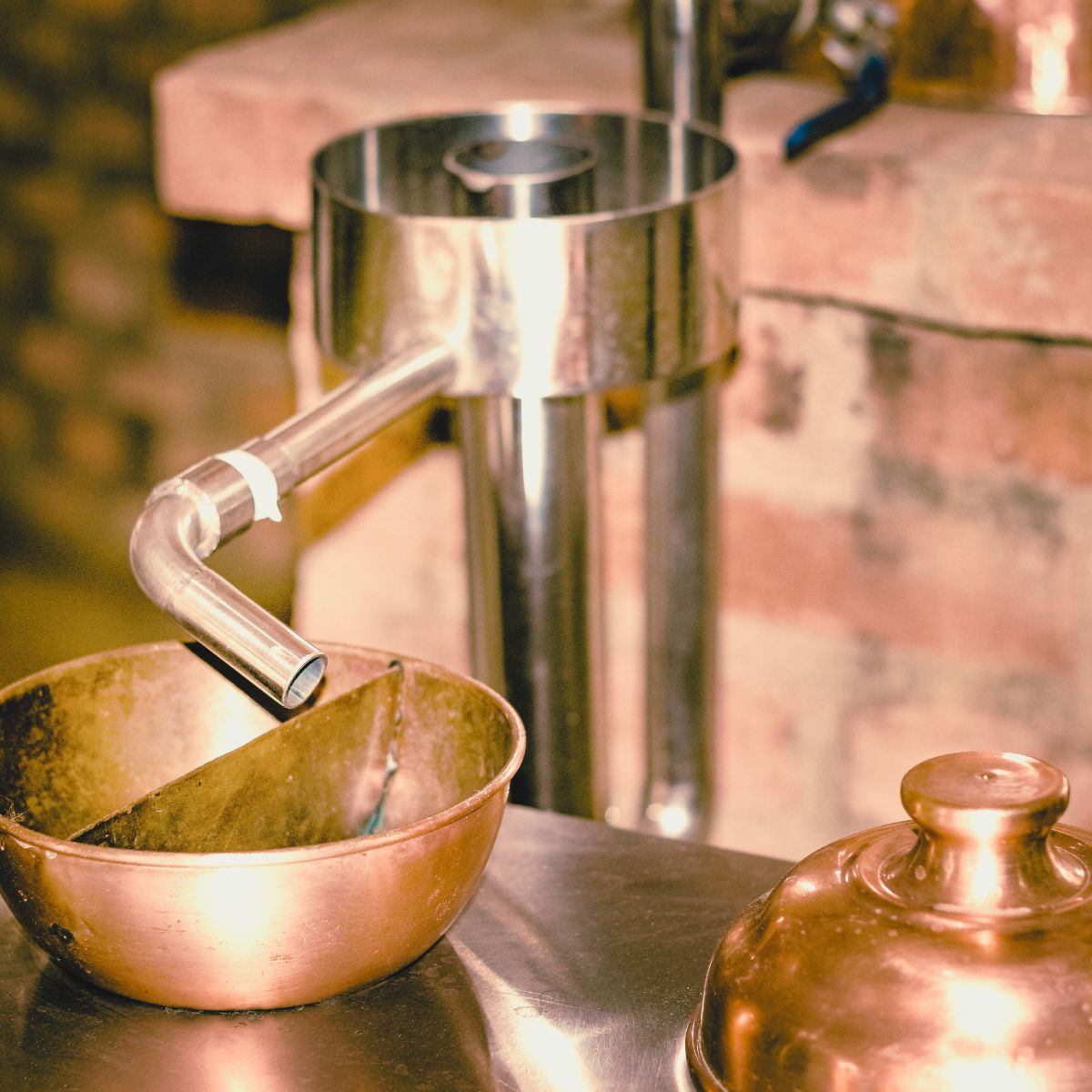
Discovery of Distillation
Persian scientist Avicenna developed steam distillation, allowing the extraction of pure essential oils

Birth of Aromatherapy
René-Maurice Gattefossé, a French chemist, coined aromathérapie after successfully using lavender oil to heal a burn. He published a book in 1937 exploring the medicinal use of essential oils.
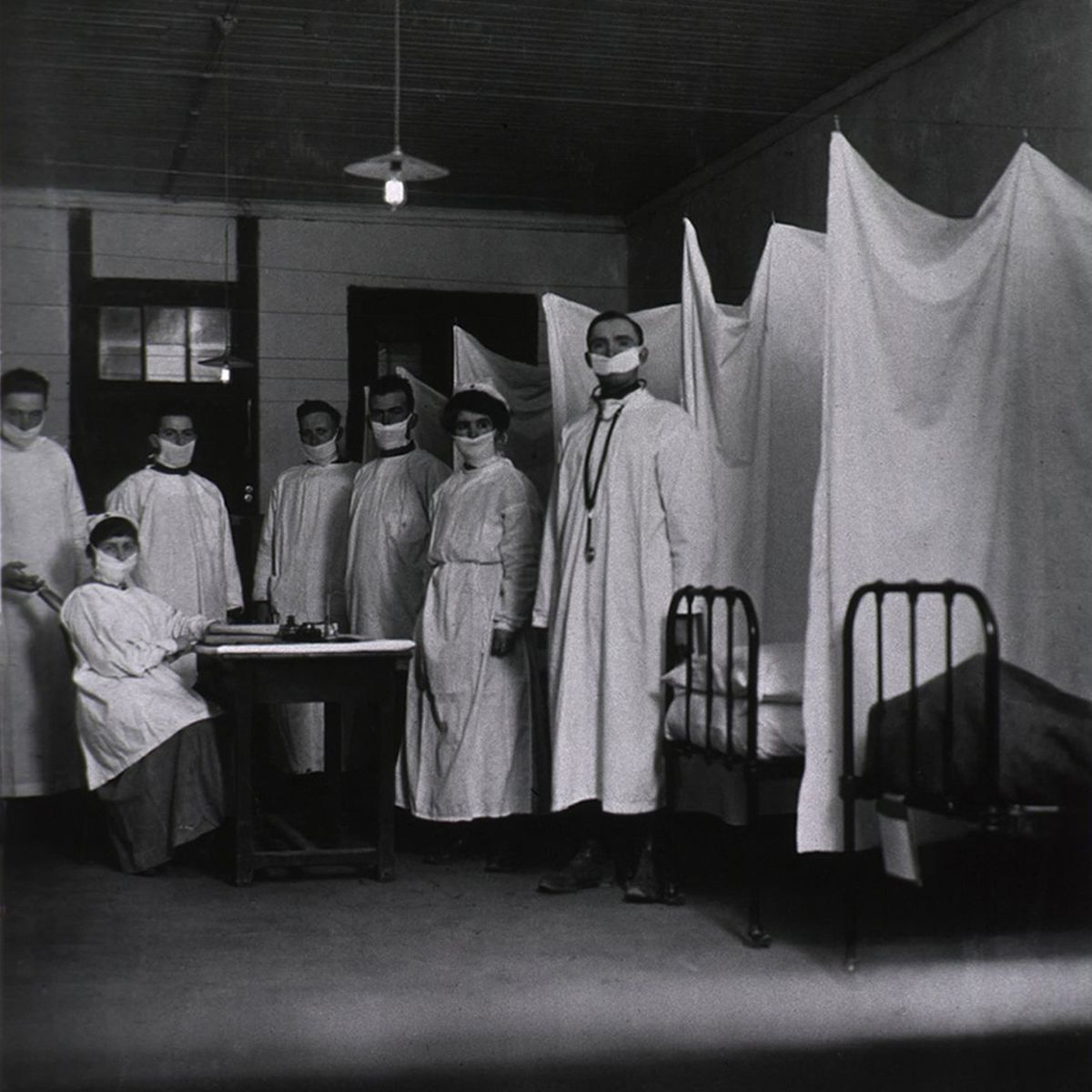
Aromatherapy in Clinical Use
Dr. Jean Valnet, a French military doctor, used essential oils to treat wounds and infections and aromatherapy is introduced into mainstream medical discussions in Europe.

Growing Scientific Validation
Studies validated oils like lavender and peppermint had measurable effects on anxiety, sleep, and digestion.
Essential oils gained use in hospitals for stress and pain management (e.g., lavender for pre-surgery anxiety).
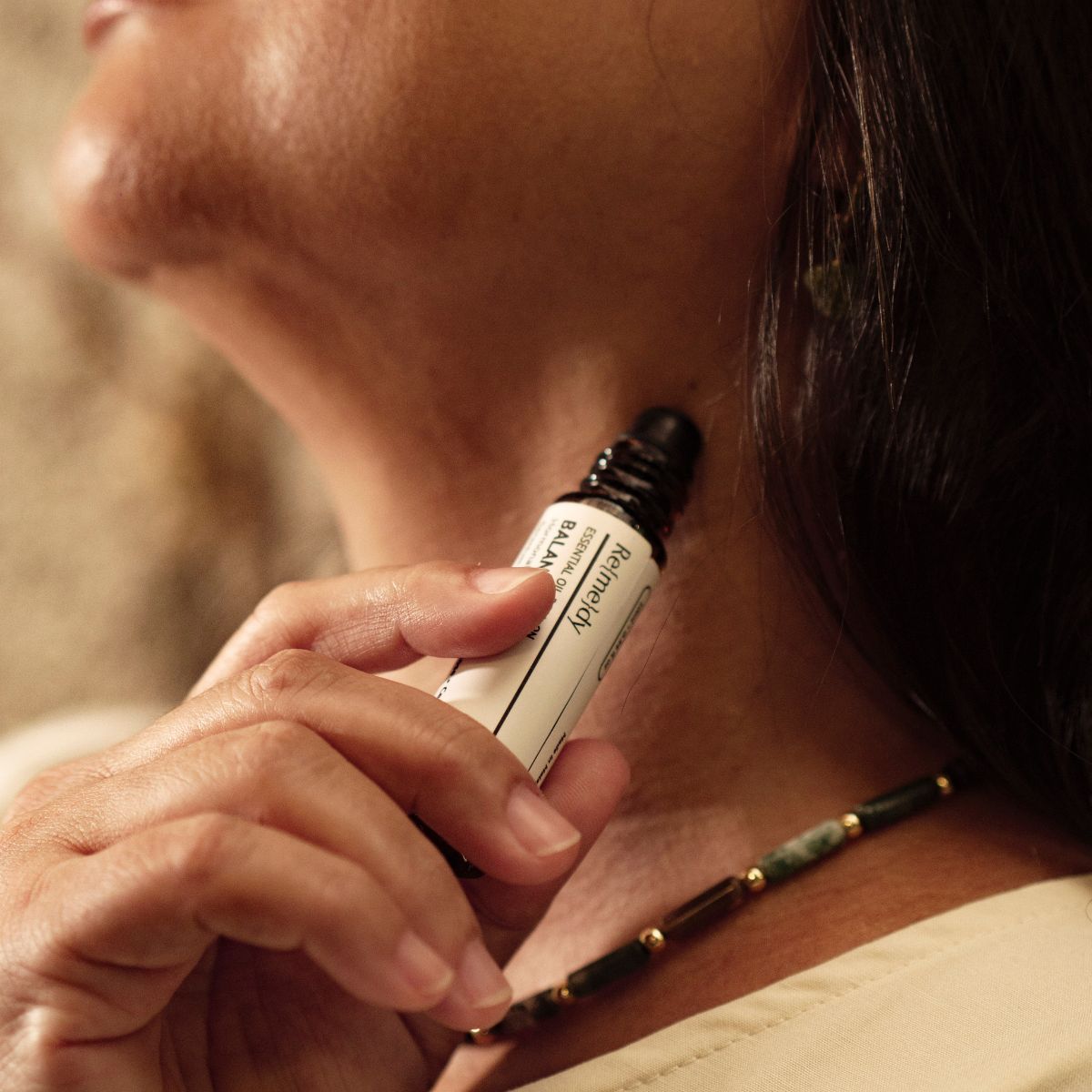
Clinical Research & Integration
Peer-reviewed studies continue to confirm benefits of oils like Lavender, Peppermint, Tea Tree.
Aromatherapy is now officially integrated in wellness clinics, palliative care, and mental health support.
What customers ask
Frequently Asked Questions
Yes, scientific studies support the effectiveness of aromatherapy. Essential oils interact with the olfactory system, sending signals to the limbic system in the brain—responsible for emotions, memory, and behavior. This can influence mood, stress response, heart rate, and even hormone regulation.
Research has shown that specific essential oils, such as lavender, bergamot, and rose, can help reduce anxiety, improve sleep, and promote relaxation. While aromatherapy isn’t a replacement for medical treatment, it is increasingly used as a complementary therapy in hospitals, mental health settings, and wellness programs due to its measurable benefits.
Many medications, especially those for mood, hormones, or sleep, work by chemically altering the body’s systems—sometimes leading to side effects or long-term dependence. Aromatherapy, on the other hand, works in a gentler, non-invasive way, engaging the brain’s limbic system through scent to influence mood, stress levels, and even hormone response. So we would always recommend you to try aromatherapeutic products before actually resorting to medications.
For symptoms like mood swings, anxiety, fatigue, or emotional stress—especially those tied to hormonal changes—aromatherapy can help the body regulate itself naturally. It’s often effective as a first-line support, allowing you to respond to your body’s needs without immediately turning to medication that may disrupt its natural balance.
At Re{me}dy, we prioritise quality, transparency, and safety in everything we make. Our products are formulated with pure, responsibly sourced essential oils and natural ingredients—crafted with intention, never shortcuts.
Unfortunately, many mass-market or low-cost products are adulterated with synthetic fillers, diluted oils, or undisclosed additives that can compromise both effectiveness and safety. If a product’s price seems too good to be true, it probably is. So our word of advice is to choose reputable makers.
Authentic essential oils are labour-intensive to produce and in high demand, which means they come at a real cost. We believe your well-being deserves nothing less than products that are effective, honest, and truly safe to use.
Though essential oils can be used at this stage, it needs to be specially formulated and certain oils are a big No No. So as a general rule, we would recommend you to stay away from aromatherapeutic products [Unless guided by a professional]
The reasons are -
- Some essential oils (like clary sage, geranium, rosemary, basil) can mimic or influence hormones, which may interfere with the delicate hormonal balance necessary during pregnancy. Certain oils may even stimulate uterine contractions, potentially increasing the risk of miscarriage, especially in the first trimester.
- During pregnancy and breastfeeding, what you use on your body may cross the placental barrier or pass into breast milk. While studies are limited, some essential oil components could potentially affect fetal or infant development—especially the liver, which is still developing and less able to process potent compounds.
- Pregnancy often makes the skin more sensitive, increasing the risk of irritation, rashes, or allergic reactions from essential oils.
In most cases, aromatherapy can be safely used alongside other medications or treatments as a complementary approach to support emotional well-being and relaxation. However, because essential oils are bioactive compounds, they may interact with certain medications or health conditions in rare cases.
If you’re on prescription medication, undergoing hormone therapy, or managing a medical condition, we recommend consulting a healthcare provider or certified aromatherapist before use—especially if applying daily or over extended periods.
